The Vikings were infamous for being some of the most fearsome warriors in history.
Originally from Scandinavia, the Vikings set sail southward and violently conquered much of Europe from roughly AD 800 to the 11th century, according to the History Channel.
Warfare was central to Viking life, as was death. In fact, warriors were encouraged to die in battle.
In Norse mythology, only the bravest of warriors who died in battle were admitted to Valhalla: a warrior heaven that translates to "hall of the slain."
For a very long time, it was thought that the Valkyries — mystical winged goddesses who would physically carry the fallen men into the afterlife — were the only women who could ascend into Valhalla.
However, like many preconceptions about the Vikings, historians are rethinking their assumptions about a woman's place in Viking culture.
Testing on the remains of a Viking warrior recently revealed that the skeleton was of a woman — an important, high-ranking one at that.
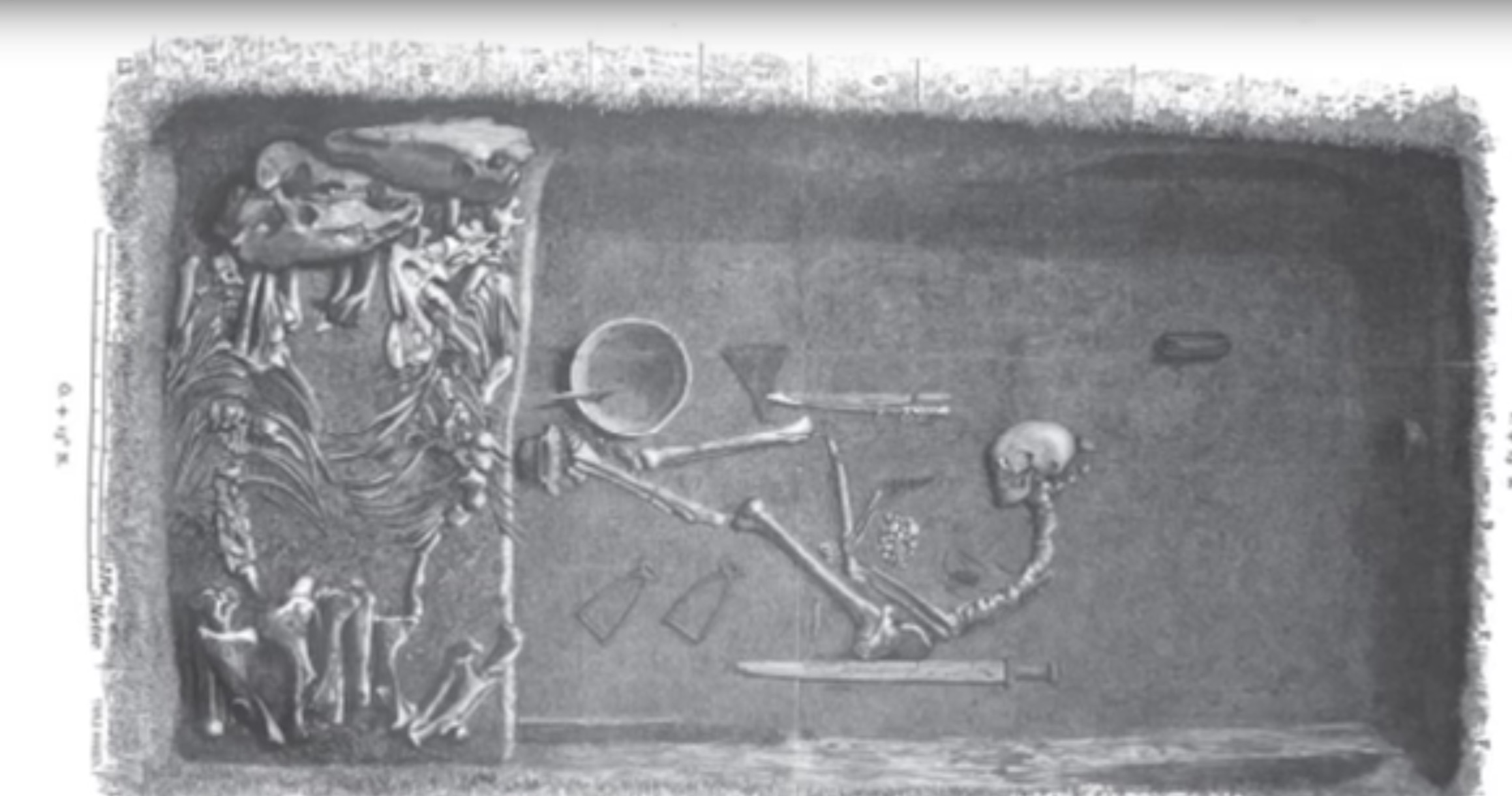
This tomb of a Viking warrior in Sweden was originally excavated in the 1880s, according to MSN.
Since then, falling in line with what they knew about Viking culture, scientists and historians assumed the warrior remains belonged to a man.
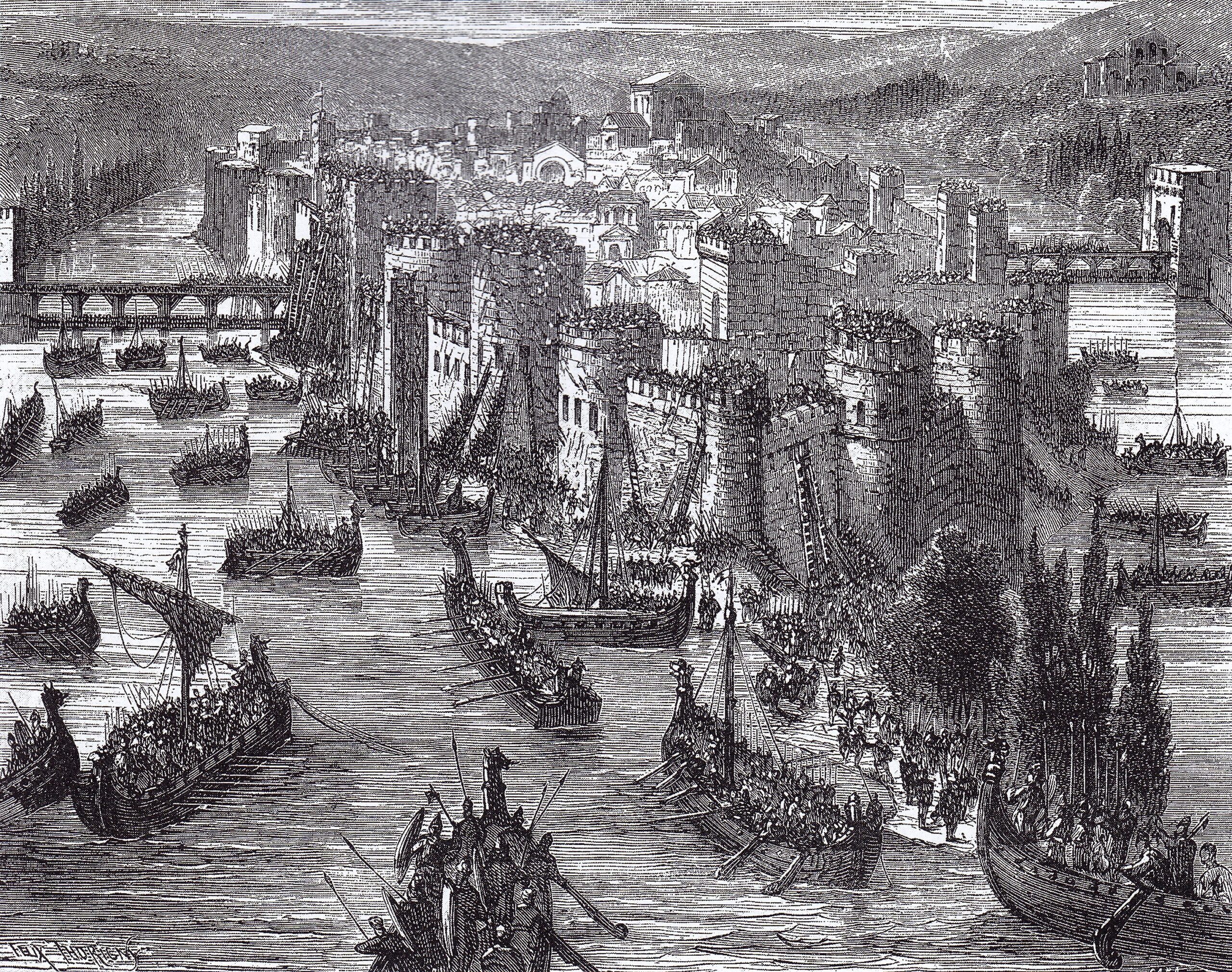
However, researcher Anna Kjellstrom revisited these remains and discovered that they weren't as manly as everyone had originally thought.
She noticed the skeleton had female traits, like thinner cheekbones and "typically feminine hips."

DNA testing confirmed Anna's suspicions that the remains did in fact belong to a woman.
Rumors of female warriors have always existed, but this was the first confirmation.
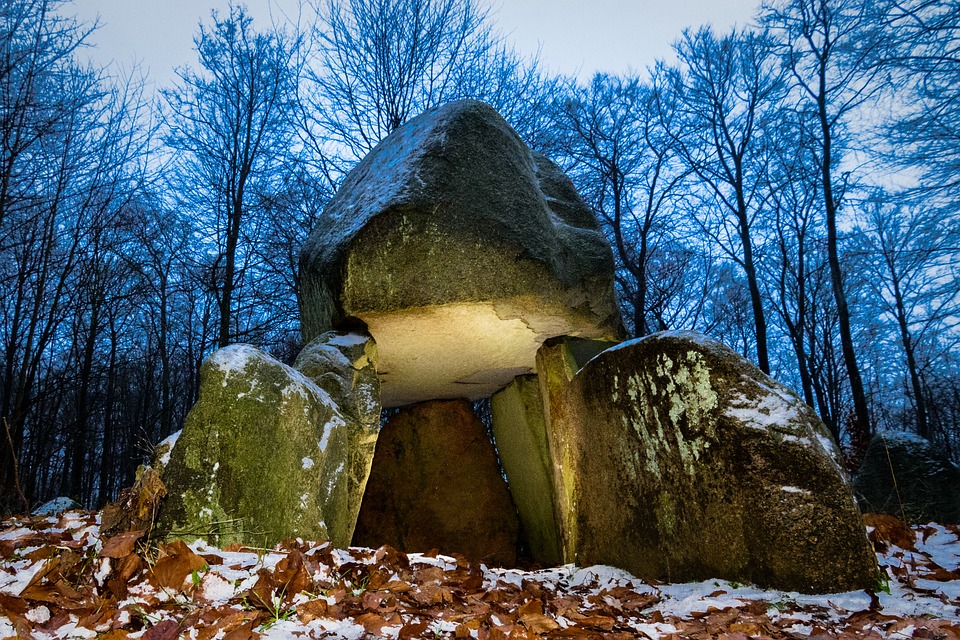
Viking funerals are almost as famous as their battles.
But the exact custom was different depending on the region and the specific community's pagan beliefs.
One thing that holds true, however, is that many were laid to rest with belongings that reflected how they lived their lives, according to Legends and Chronicles.
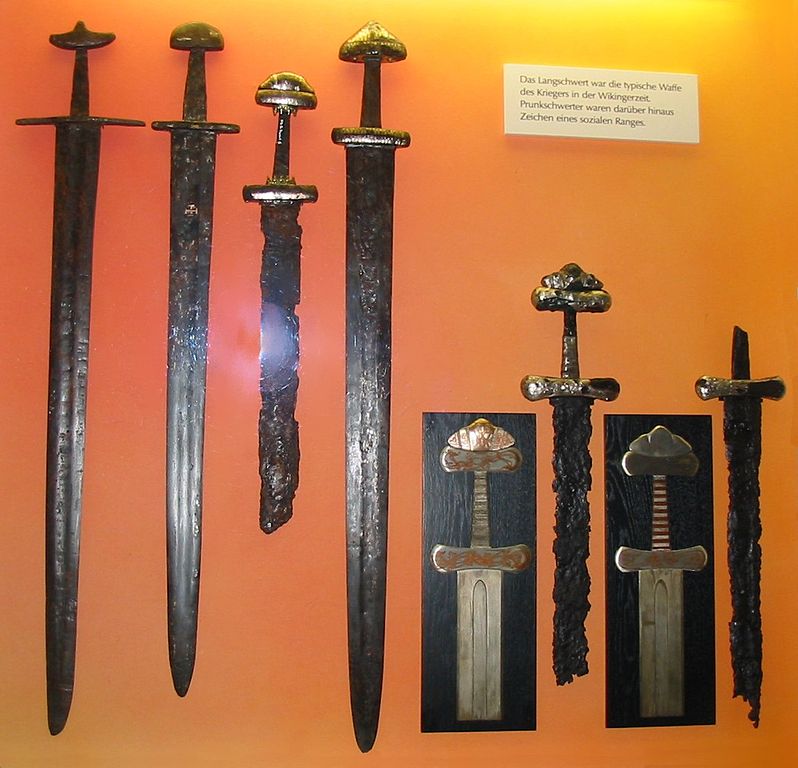
This particular female was identified as a warrior because of the possessions she was found with. In fact, they even suggest that she was a military leader.
Archaeologist Charlotte Hedenstierna-Jonson told The Local:
Aside from the complete warrior equipment buried along with her… she had a board game in her lap, or more of a war-planning game used to try out battle tactics and strategies, which indicates she was a powerful military leader. She’s most likely planned, led and taken part in battles.
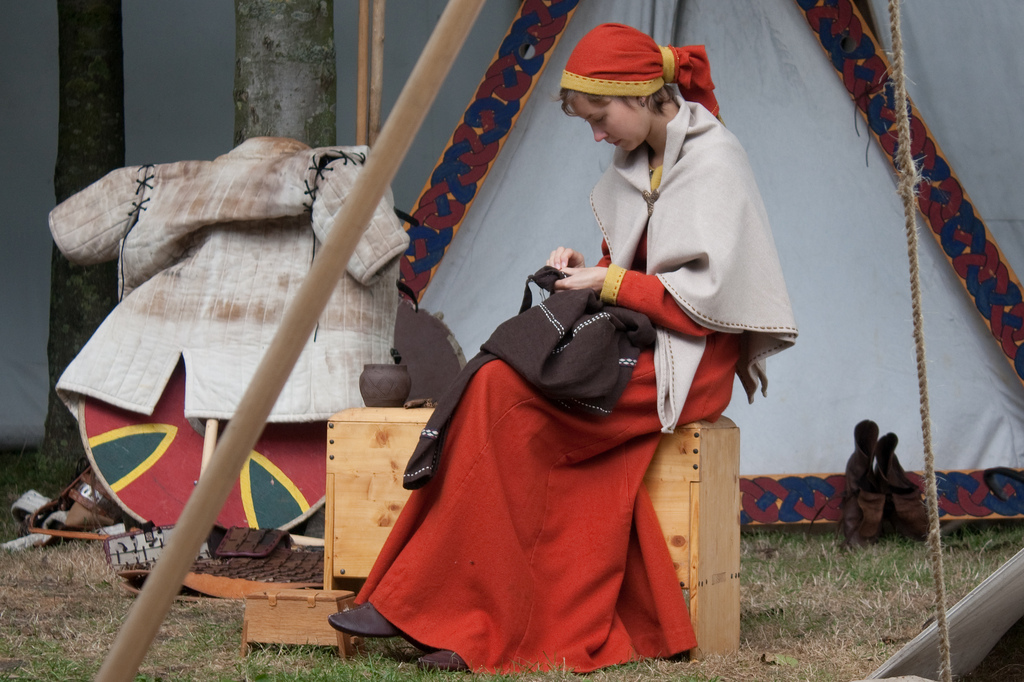
These findings contradict past hypotheses, which held that Viking women's place in society was limited to the longhouse and carrying out domestic duties.
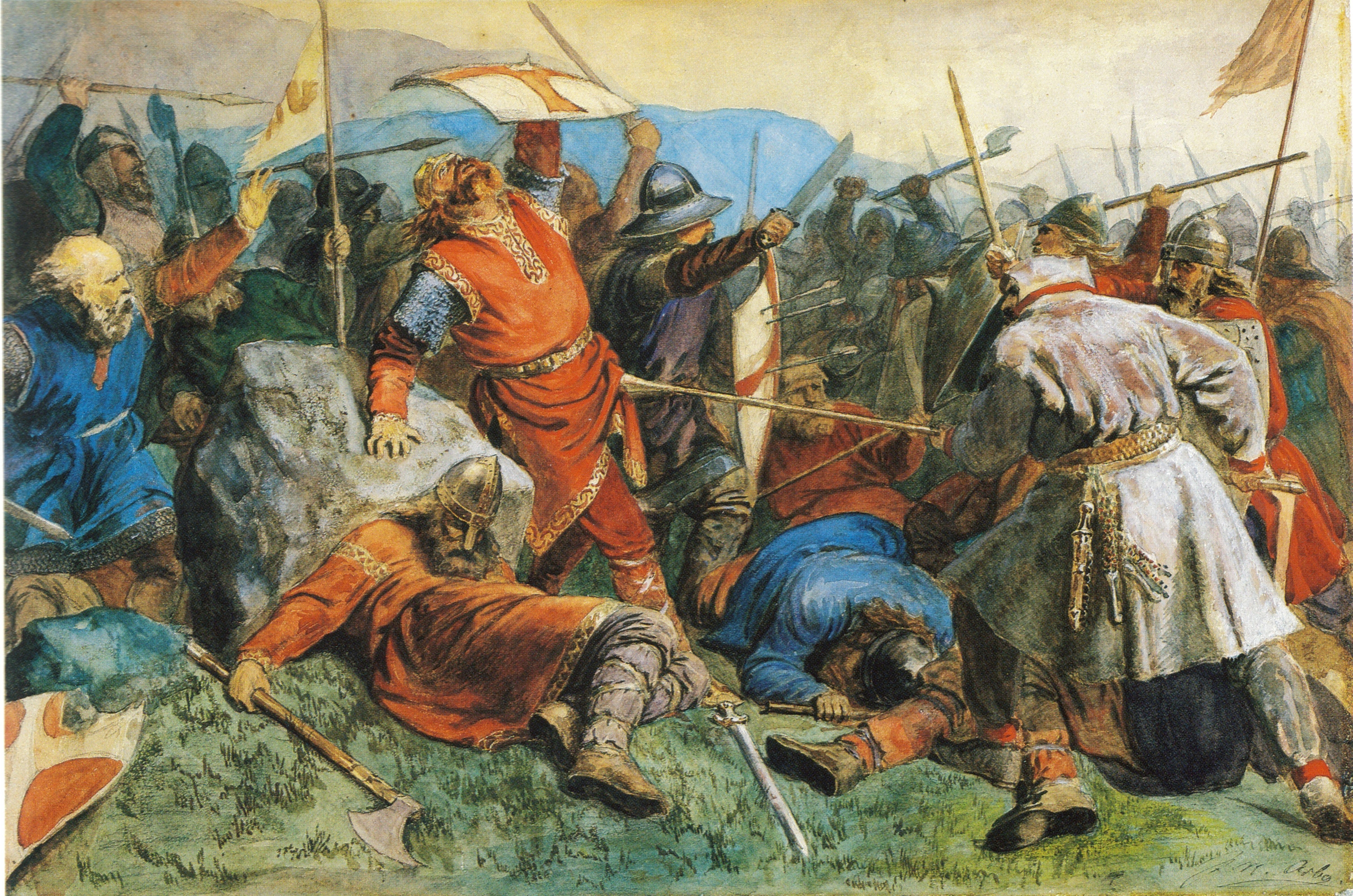
Although more female are remains have yet to be found, this woman is an indicator that females were able to rise to the top of Viking society.
Let's hope more brave female warriors get their credit where it is due.
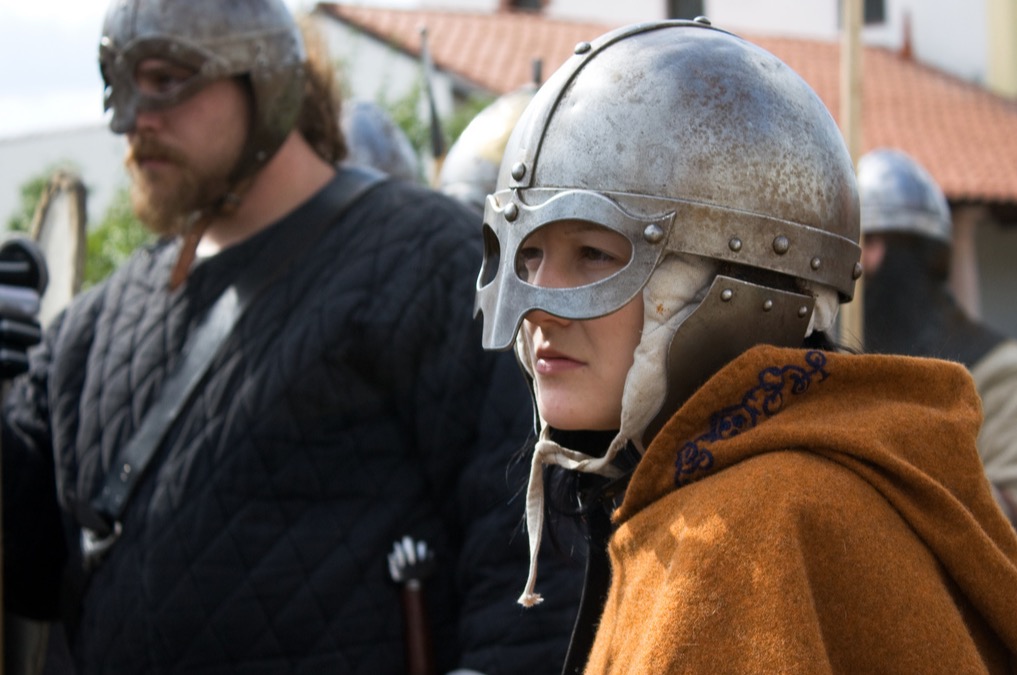
Be sure to SHARE this amazing story with your friends on Facebook!




